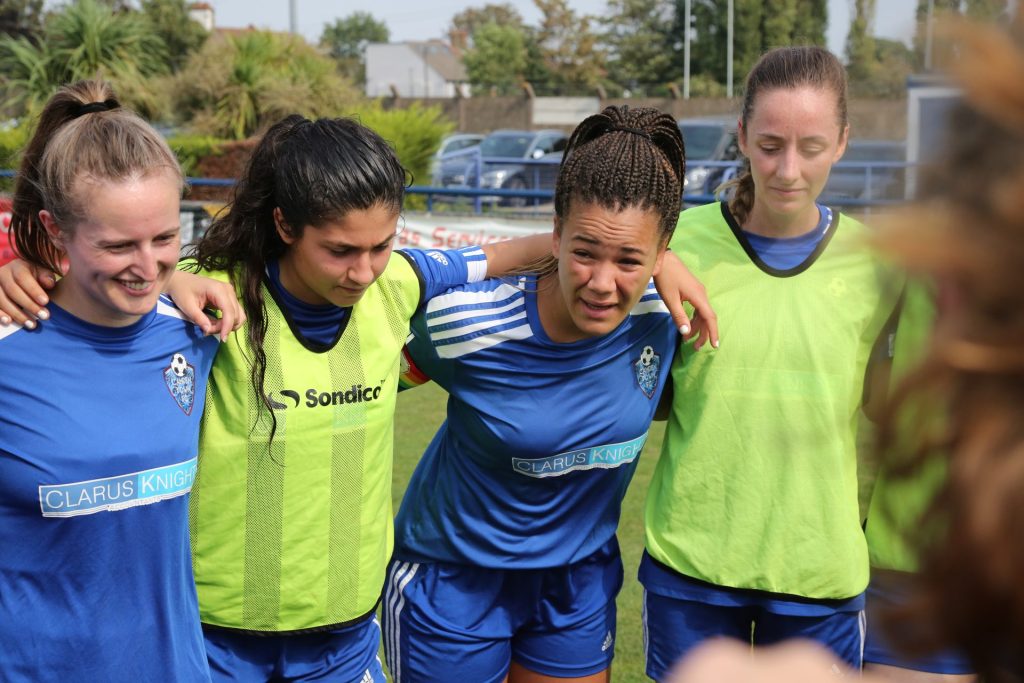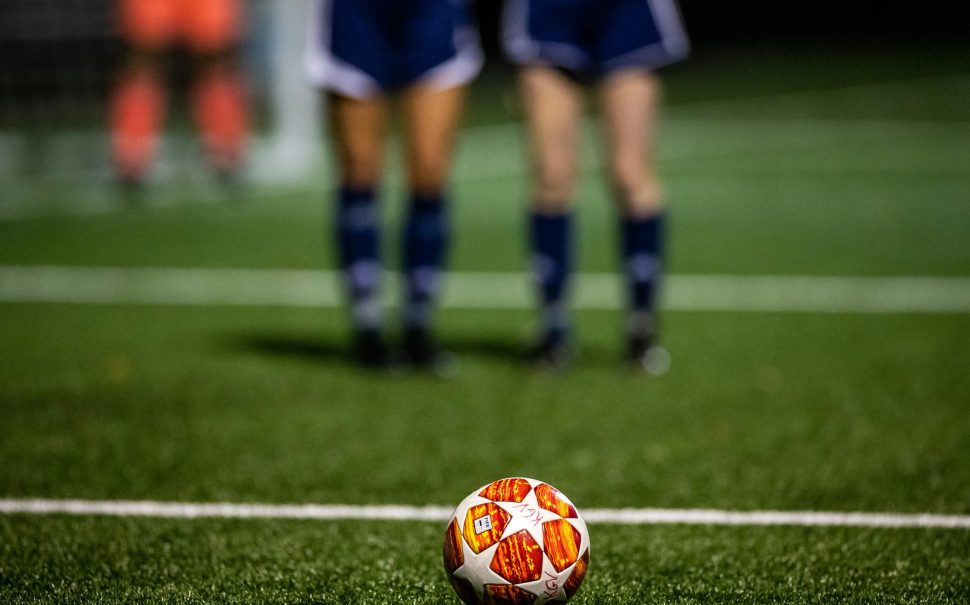Gender-based abuse is on the rise in grassroots football, despite the advancements in the women’s game, FA data shows.
Discriminatory allegations involving gender increased 62% from the 2022/23 season to 2023/24 season, well above the total allegations increase of 24%, according to the FA’s grassroots disciplinary review.
Discriminatory allegations involving gender now make up 11% of the total discriminatory allegations in grassroots football, the bulk of which is made up of those relating to ethnicity.
Caz May, Her Game Too CEO, said “It’s shocking to see such a rise in discriminatory allegations involving gender had shot up by such a large amount.
“We need to continue working with our partner clubs and governing bodies across all levels to raise awareness, educate and stamp out sexism.”
FA Senior Discipline Manager (Grassroots) Alan Darfi added: “We care deeply about the impact that unacceptable behaviour is having on grassroots football, and we have been working closely with our County FA network across the country to tackle this important issue.
“This includes applying tougher sanctions, celebrating positive behaviour and promoting collective responsibility to help raise the standards in our game.”
The report itself puts the rise in allegations referencing gender down to the growth of the women and girls game, in terms of size as well as visibility.
In 2024, women’s football became the most valuable women’s sport globally, with an estimated €500 million annual revenue, making up 45% of women’s sports revenue globally, a white-paper from SPORTFIVE shows.
In the UK, the success of the English national team has lead this, with 50 million people tuning in to watch the Lionesses’ beat Germany in the final to win the 2022 Euros.
Head of Women’s Football at Camden Town WFC Harry Sherman said: “I think the rise in the discrimination and the hate of the women’s game just comes as part and parcel of the growth of it.
“When the women’s game wasn’t on TV it wasn’t really in the faces of people that have the discriminatory views.
“I’ve had conversations where people turn round to me and say they don’t agree with women’s football, which is mind-boggling a little bit given how popular it actually is.
“These are old-fashioned views from an older generation so we have to trust that over time they’ll be stamped out.”

Kick it Out, an anti discrimination and inclusion in football charity, show similar sentiments with nearly one in four women feeling unsafe at football.
This lack of safety is much more prevalent amongst young people, with 44% of 16-24 year old women admitting to feeling unsafe at a game, compared to just 13% of over 55s.
This may be due to the majority of discrimination being through social media, according to Kick it Out.
Last year three-fifths of incidents reported regarding someone’s sex were over social media, rather than experiencing discrimination at a professional game or a grassroots game.
Sherman said: “On the pitch it’s just a couple of instances of poor behaviour – you’ve got young referees flirting with a couple of players. It takes away from the games, it’s disappointing.
“It’s the views off the pitch that is more of an issue. Social media has become a bit of a cesspit of raw thoughts and some of those thoughts aren’t really acceptable.
“You’ve got high profile people diminishing not just football but women in general, it becomes a bit of an echo chamber of toxic thoughts that can then spill out into the real world.”

The rise of the visibility of the women’s game has made the players stars like they never were before, with some reaching tens of millions of followers – spearheaded by Juventus forward Alisha Lehmann with 16.4 million Instagram followers.
Sherman said: “We have a whole load of players who never had a role model growing up.
“There’s a lot more of a profile at the senior level with the likes of Chloe Kelly and Alessia Russo, these kind of top players that young girls look up to and are inspired by which wasn’t the case before.”
This is echoed across the board and championed by the inclusivity campaign Her Game Too.
May added: “We have some incredible female role models in the game such as Rebecca Welch, Sian Massey-Ellis, and the Lionesses, who have inspired an entire nation of women and girls to participate in football.”





Join the discussion